
4th African Epilepsy Congress
Entebbe, Uganda
22 - 24 August 2019
The 4th AEC was held at the Imperial Resort Beach Hotel, Entebbe Uganda between 22nd to 24th August, 2019. A total of 244 delegates attended the meeting, including the Presidents of ILAE and IBE, Profs Sam Wiebe and Martin Brodie, respectively.

The congress provided opportunity to share knowledge on the diagnosis, social issues, treatment and challenges mitigating against epilepsy care and the way forward. Emphasis was placed on the role of sociocultural and economic aspects of epilepsy on the continent. Eleven plenary sessions were held with 49 presentations during the congress. Seventy-thee abstracts were submitted and at the end 50 presented as posters.
The congress was declared open by the Director of Clinical services of the Ugandan Ministry of Health, Dr Charles Olaro, on behalf of the Minister for Health. Other events at the opening ceremony was a rich and colourful cultural display by the Ugandan Cultural Troupe. The Troupe, then led the conference participants outside for an evening of social interactions and entertainment by the Troupe.
The Epilepsy Forum
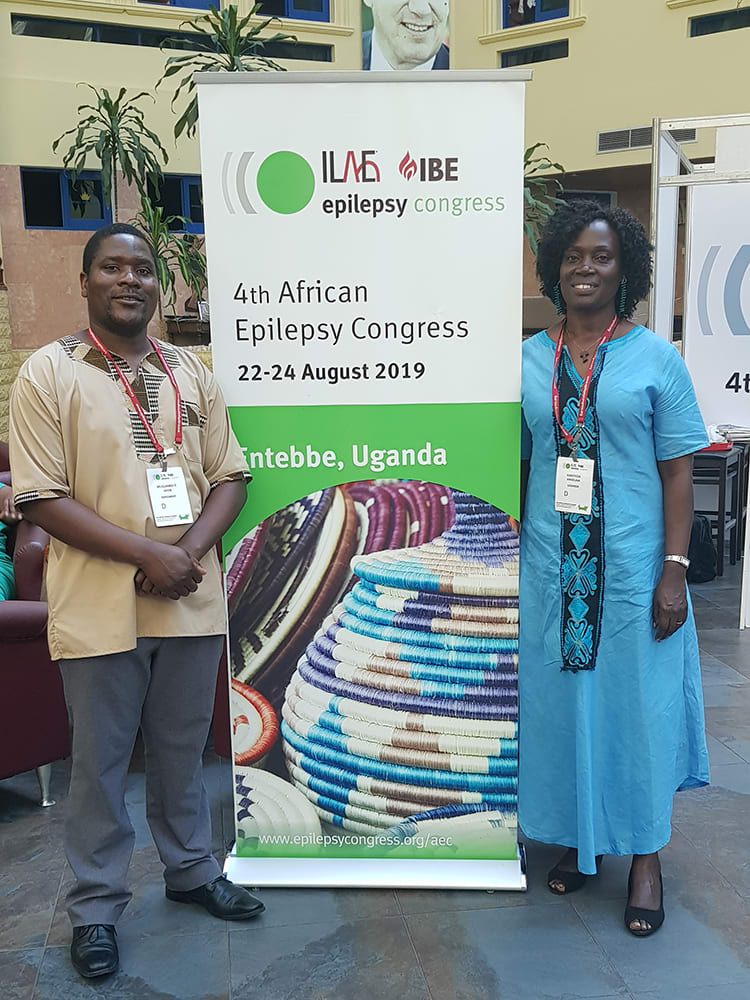
The 3rd Africa epilepsy forum took place on the 2nd day of the congress. The forum was established to bring together advocates, people with epilepsy and professionals in Africa to foster improvement in epilepsy care on the continent. The meeting was co-chaired by the presidents of ILAE-Africa and IBE-Africa Drs Angelina Kakooza and Jacob Mugumbate, respectively. Forty-five representatives from countries of Africa, organizations and institutions attended. The African Union was also represented. The Forum identified and highlighted the many cultural, educational, economic, institutional and informational limitations that interfere with epilepsy care in the region. To address and overcome these limitations the forum issued a call to action that included the following:
- Every African government must develop a national plan for epilepsy that includes:
- addressing the multiple needs of people with epilepsy, including but not limited to access to trained personnel, antiepileptic medication, information, age-appropriate social assistance, quality education, safety, security and access to justice.
- educating and training health and social care professionals about epilepsy,
- educating the general public about epilepsy as a neurological, non-communicable and treatable condition,
- eliminating stigma and discrimination in all spheres of life, particularly in villages, at school and the work place,
- encouraging the incorporation of prevention and treatment of epilepsy in national plans for other relevant health issues,
- encouraging the public, private sectors and NGOs to get involved,
- promoting interaction with natural, traditional or indigenous health systems,
- encouraging basic and applied research on epilepsy,
- supporting International Epilepsy Day,
- encouraging a continental action plan led by the African Union and WHO-African Regional Office and supported by regional bodies.
- The Forum partners are to:
- support national, regional and continental plans,
- support International Epilepsy Day,
- support capacity building of associations, advocates, researchers, professionals and professional groups.
- Persons living with epilepsy and epilepsy advocates are to:
- advocate for development, funding and implementation of national plans for epilepsy,
- accelerated action to improve and sustain epilepsy services.
ILAE-IBRO Epilepsy School
A one-day epilepsy school co-sponsored by ILAE and IBRO preceded the 4th African epilepsy meeting. A total of 29 young and promising Africans attended the school including medical doctors and scientists with five faculty members drawn from both ILAE and IBRO. Scholarships were given to some of the attendees. The focus of the school was to increase the epilepsy knowledge and foster collaborations among participants and faculties. The primary topics for the course were focused on Africa specific issues including the role of cysticercosis and onchcerciasis (river blindness) as causes of seizures and potentially of epilepsy. For cysticercosis a greater emphasis is being placed on better agricultural hygiene to prevent the disease, and a professional instructional film La colère des genies (https://www.thelancet.com/doi/story/10.1016/vid.2018.03.09.6753 ), created in Burkina Faso, was made available to the participants. It is a potentially useful tool to teach rural communities about the disease and how they can prevent it. The presentations on onchocerciasis and its potential role, still unclear, in the nodding syndrome were excellent reviews on both diseases, their epidemiology and the remaining uncertainties about the relation between the two. For scientists and clinicians a portion of the school focused on the clinical aspects of epilepsy and its classification. This edition of the Epilepsy School, as with previous ones, was an excellent combination of basic and clinical science.
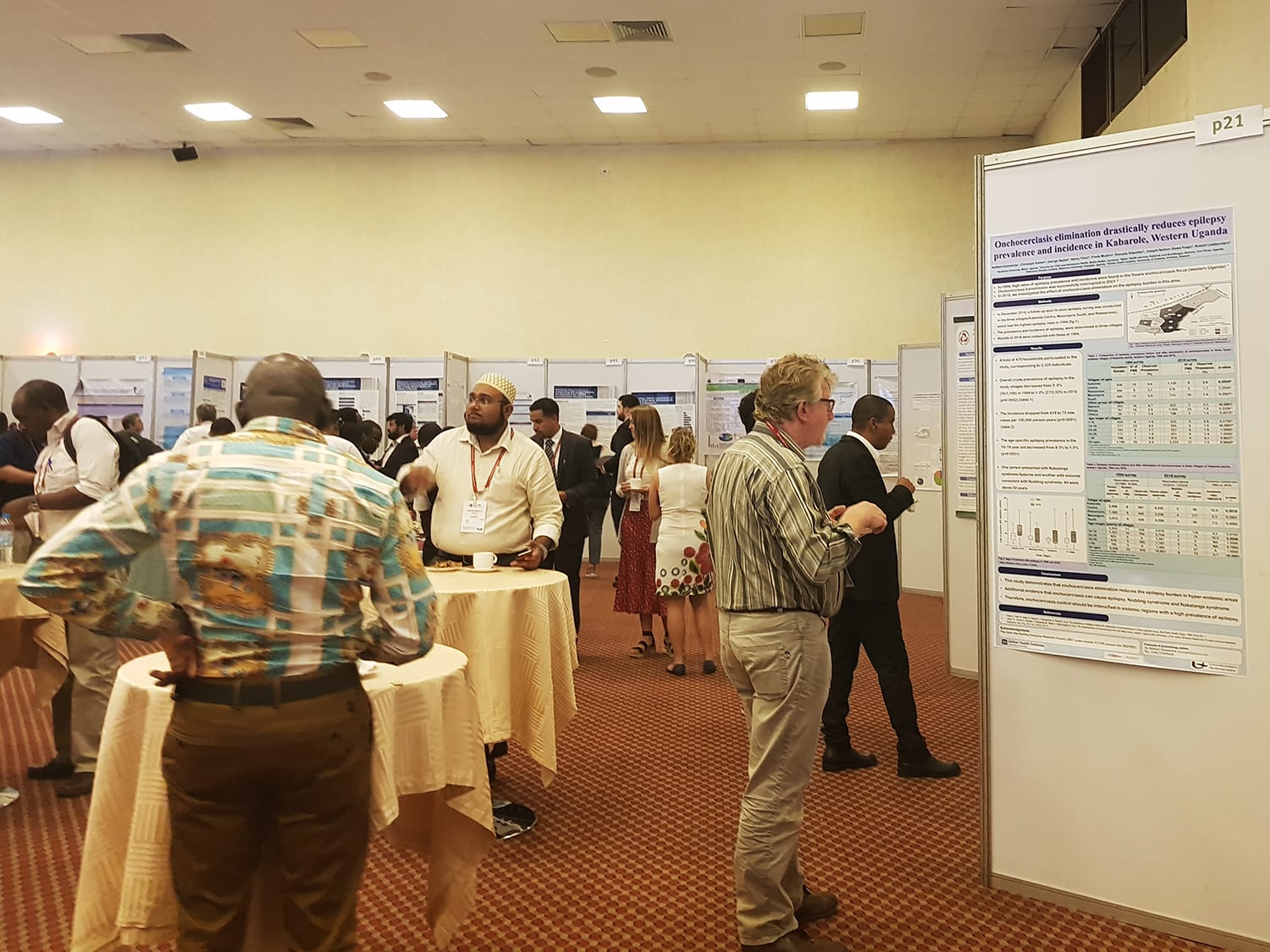
At the end of the Congress, there was a consensus that the meeting had gone a long way to meeting the goals. It brought together people from across the continent who deal with epilepsy on a daily basis as a patient, family member, advocate or professional, and it allowed all to find a common ground in the issues that they deal with. The common themes of epilepsy that are independent of country or culture were made clear, but the challenges that face providing basic epilepsy in the region were highlighted: tradition, prejudice, lack of knowledge and poor access to appropriate care. In the course of the meeting the delegates came to the conclusion that the basic community level education while working with traditions that they are now doing may be the best first step
Report by Emmanuel Sanya (Kenya), regional information officer
Young Epilepsy Section (YES)
The Africa Region of YES held its first programme during the congress.
Read YES report and view photos
News Bulletin
ILAE-Africa News Bulletin on the 4th African Epilepsy Congress
Emmanuel Sanya, communicator
Congress photos
Click on a photo to view it at full size, and then click on arrows to scroll through the gallery
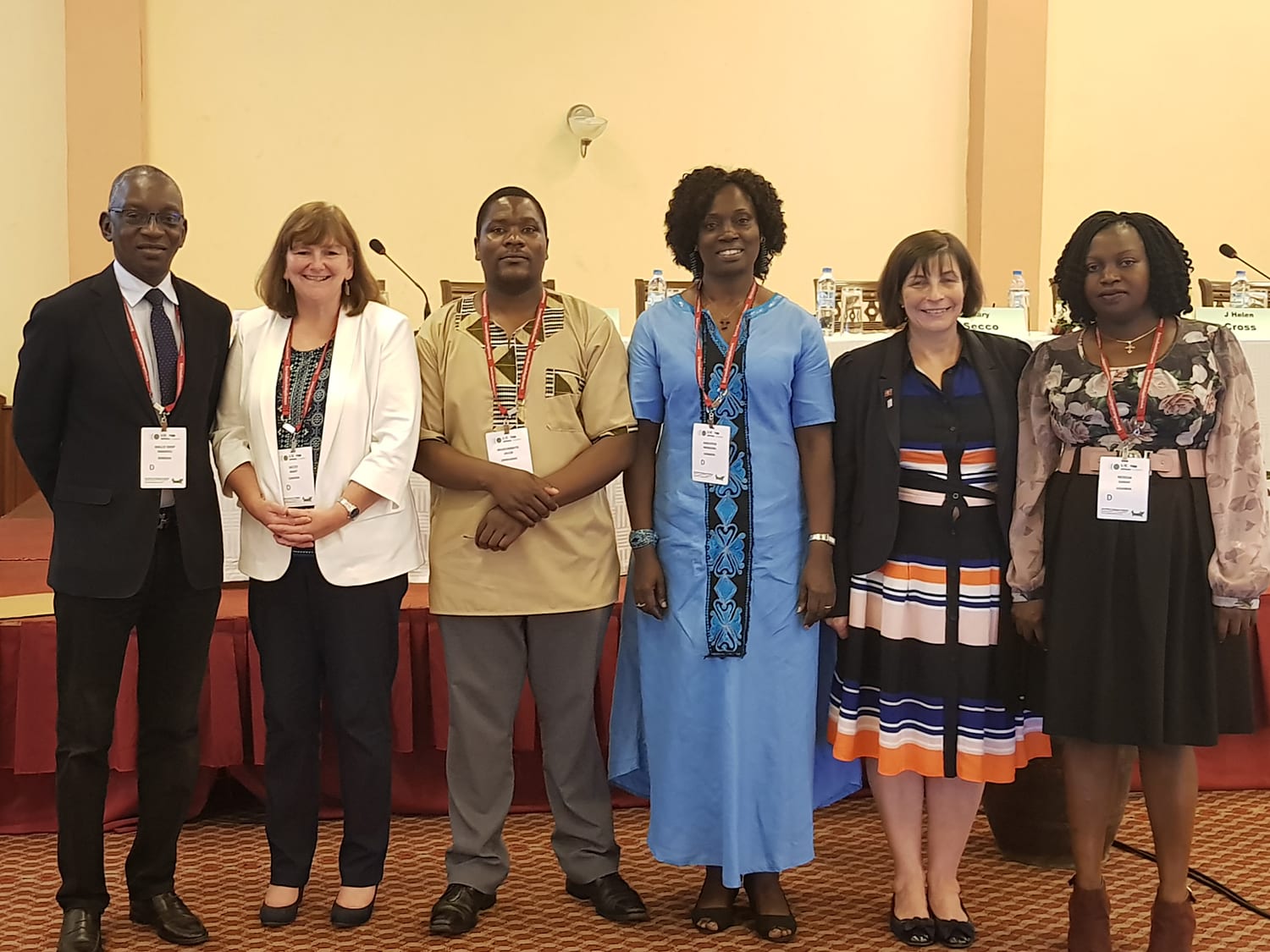

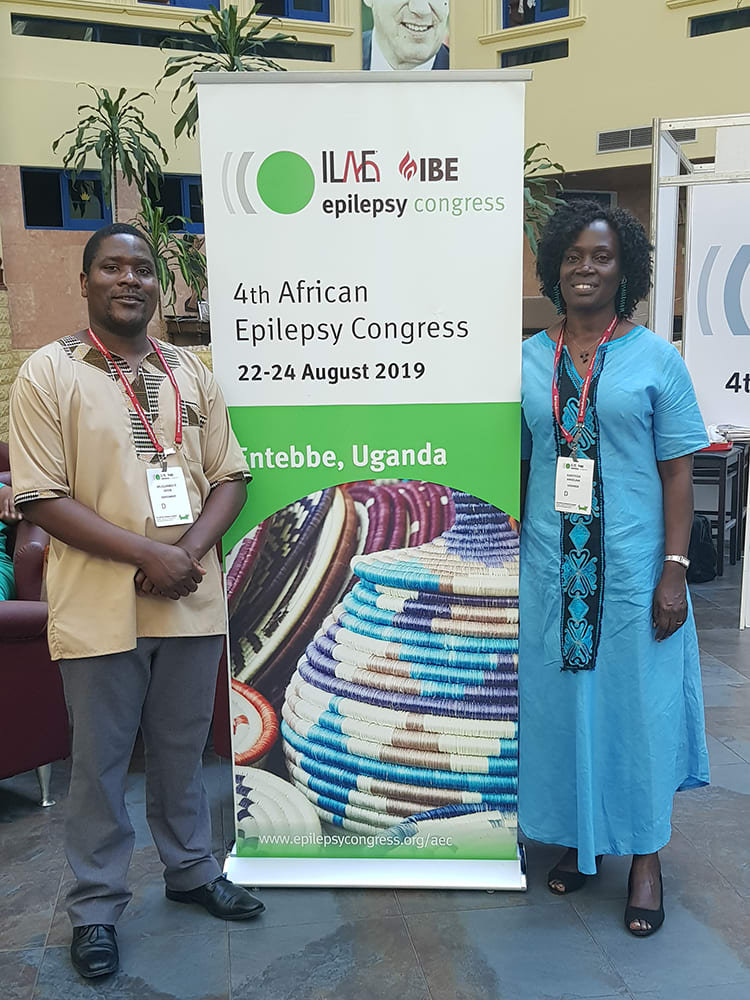

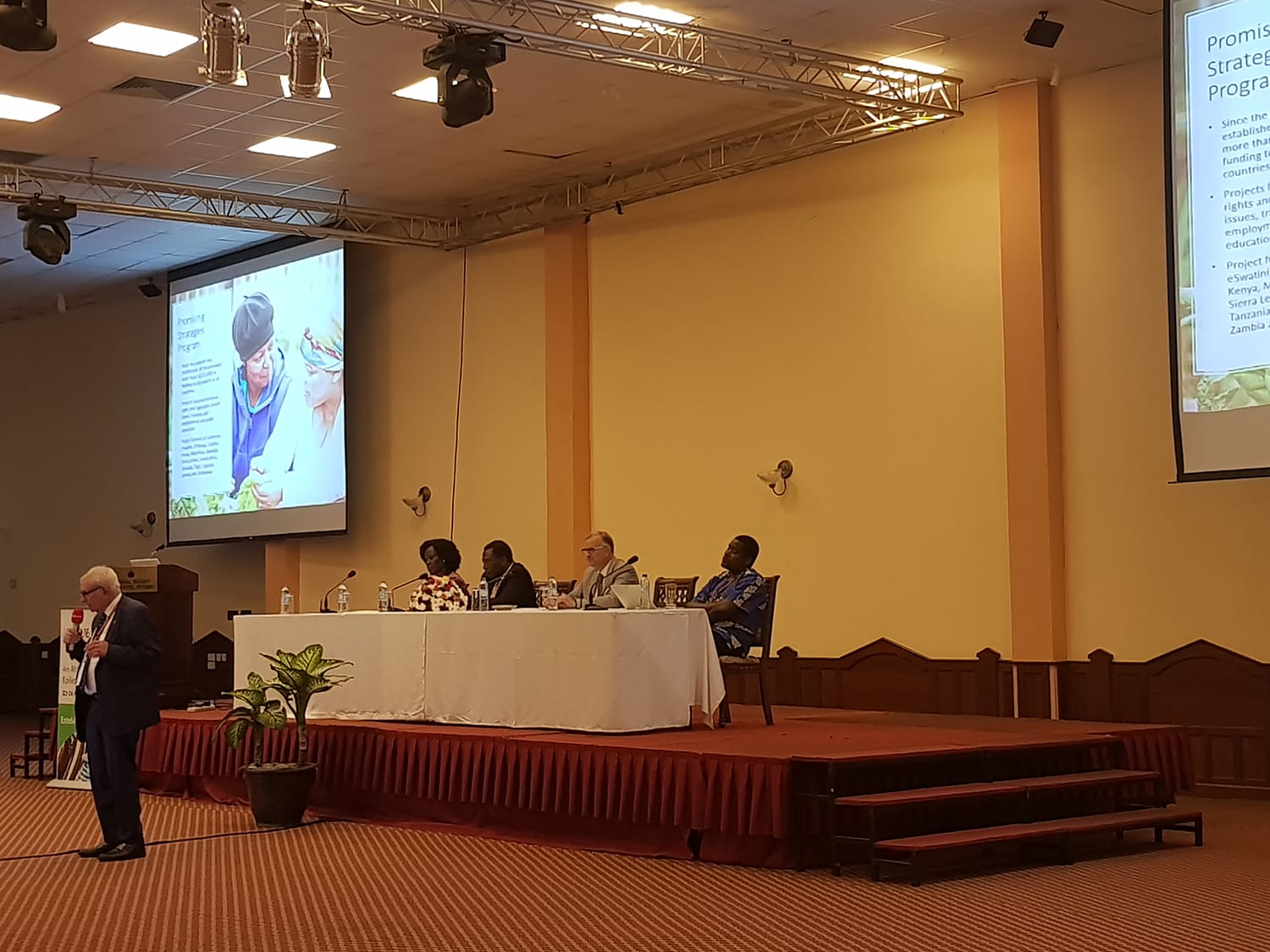
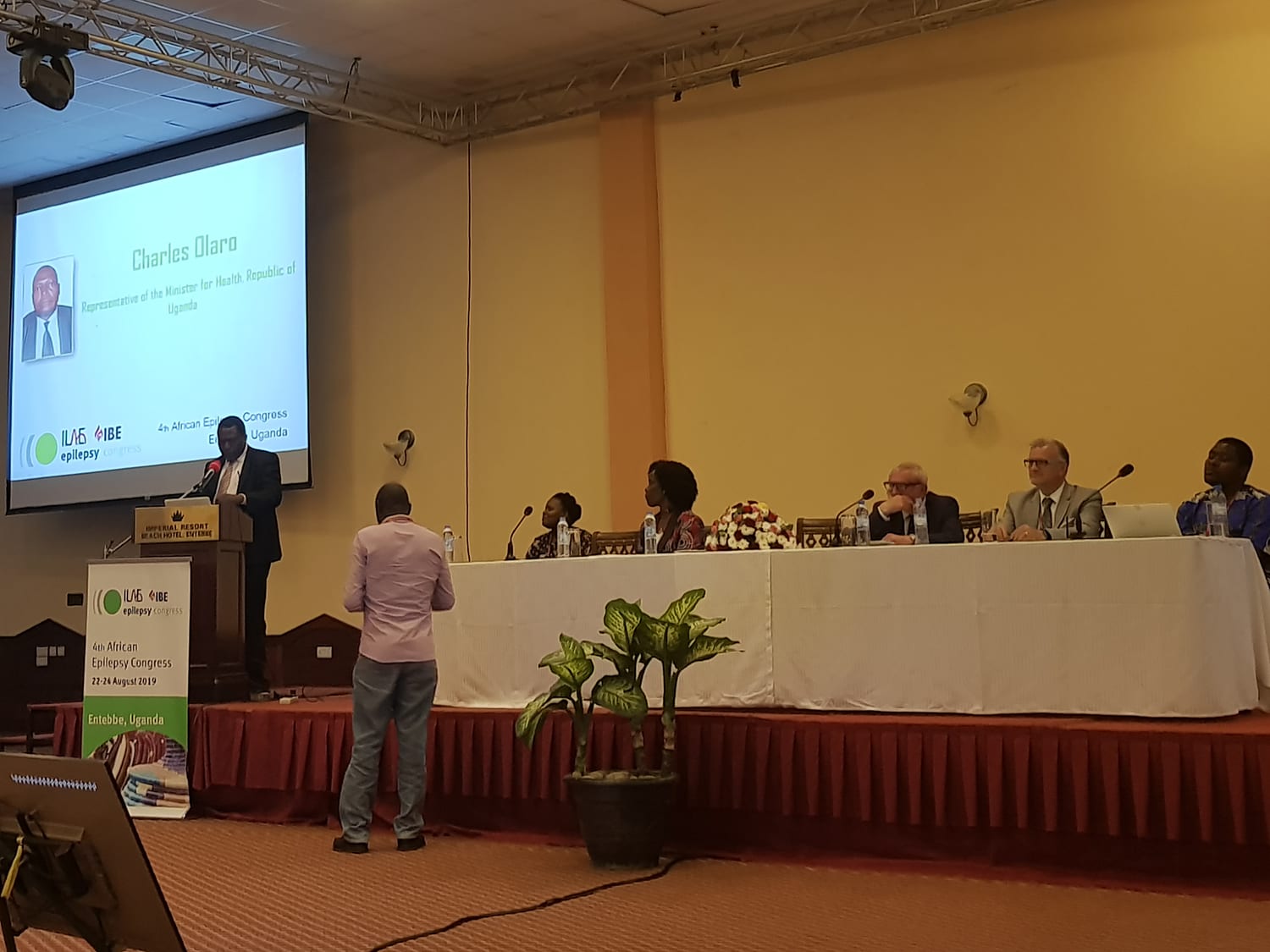
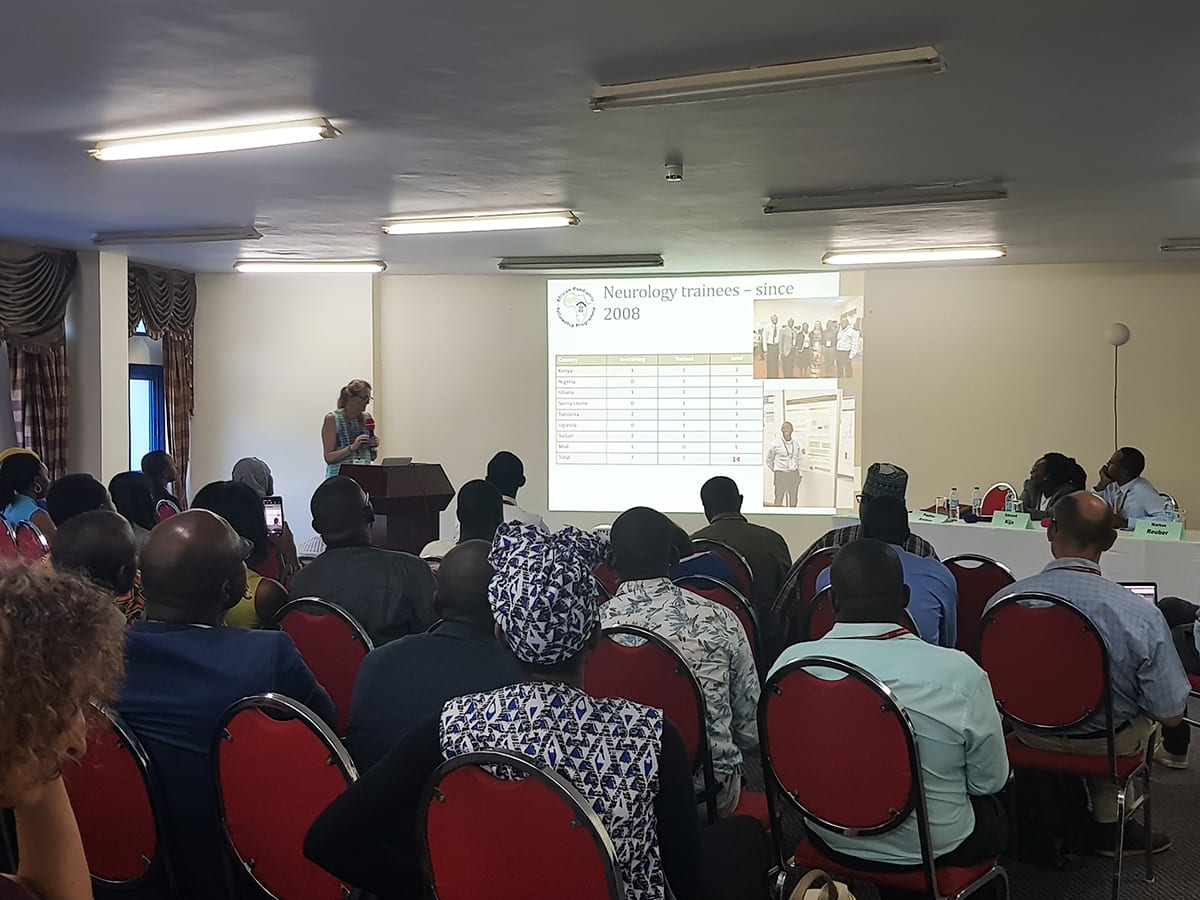

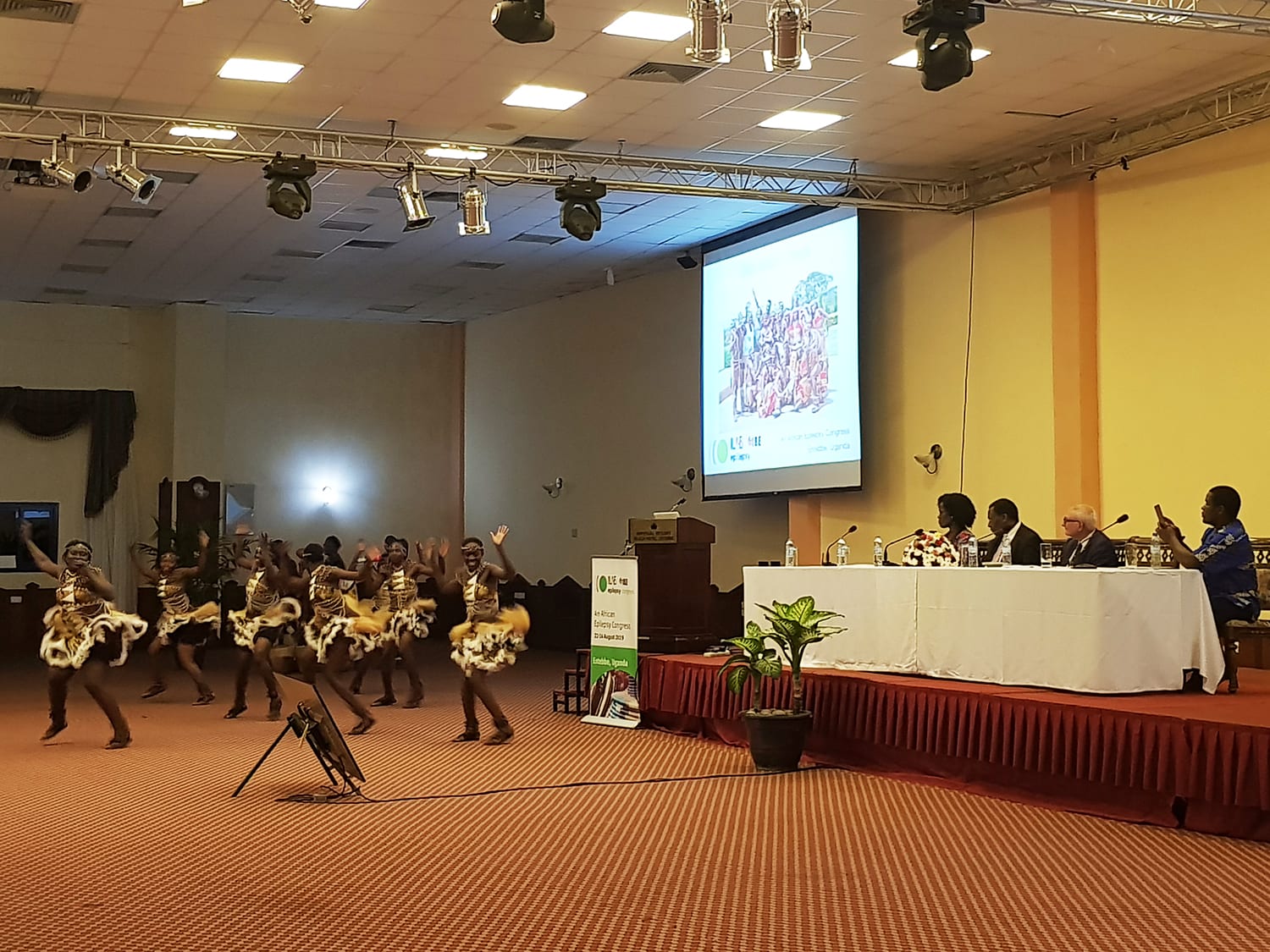


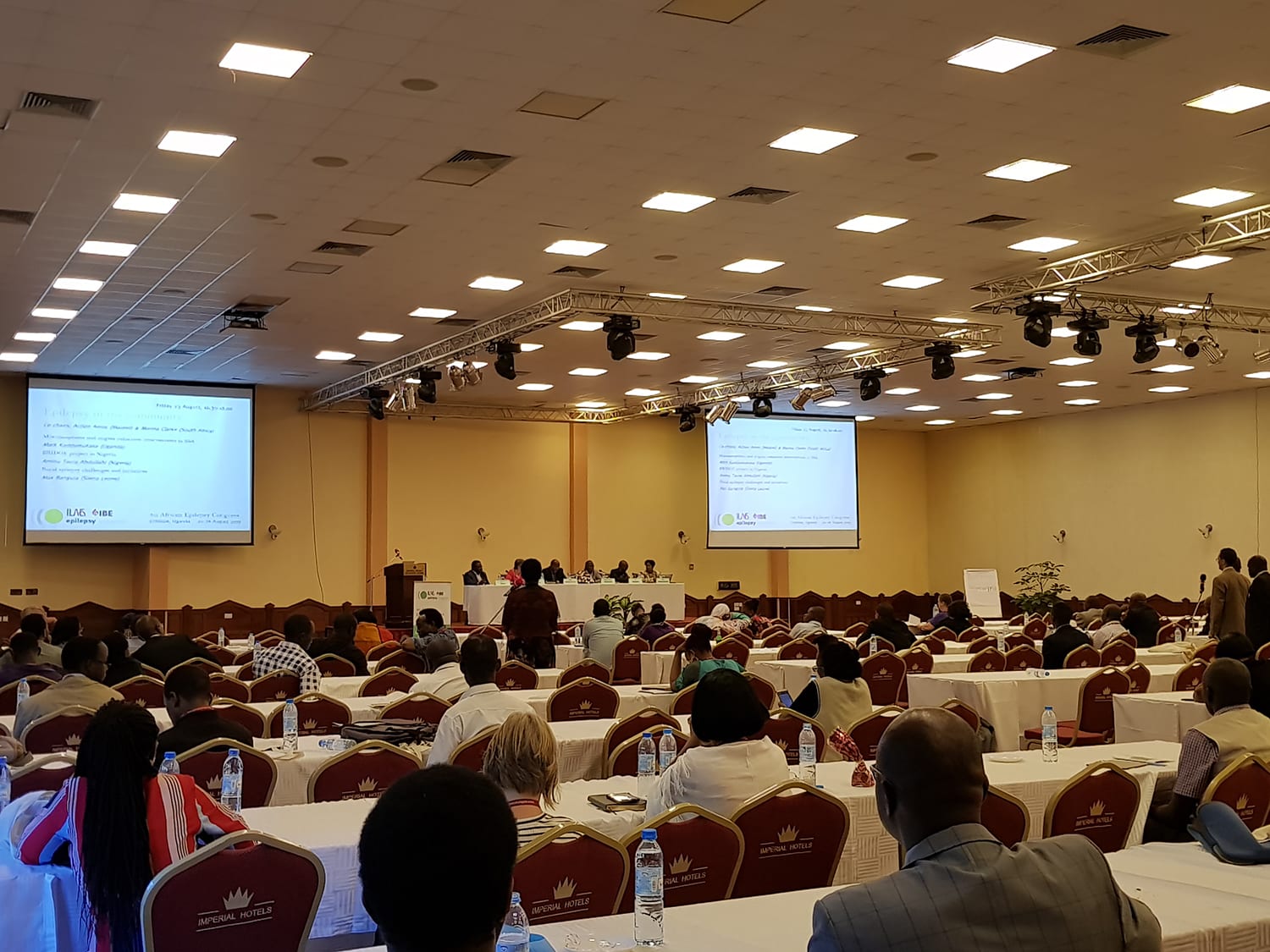


Pictures of delegates, posed and candid.
Subscribe to the ILAE Newsletter
To subscribe, please click on the button below.
Please send me information about ILAE activities and other
information of interest to the epilepsy community


































